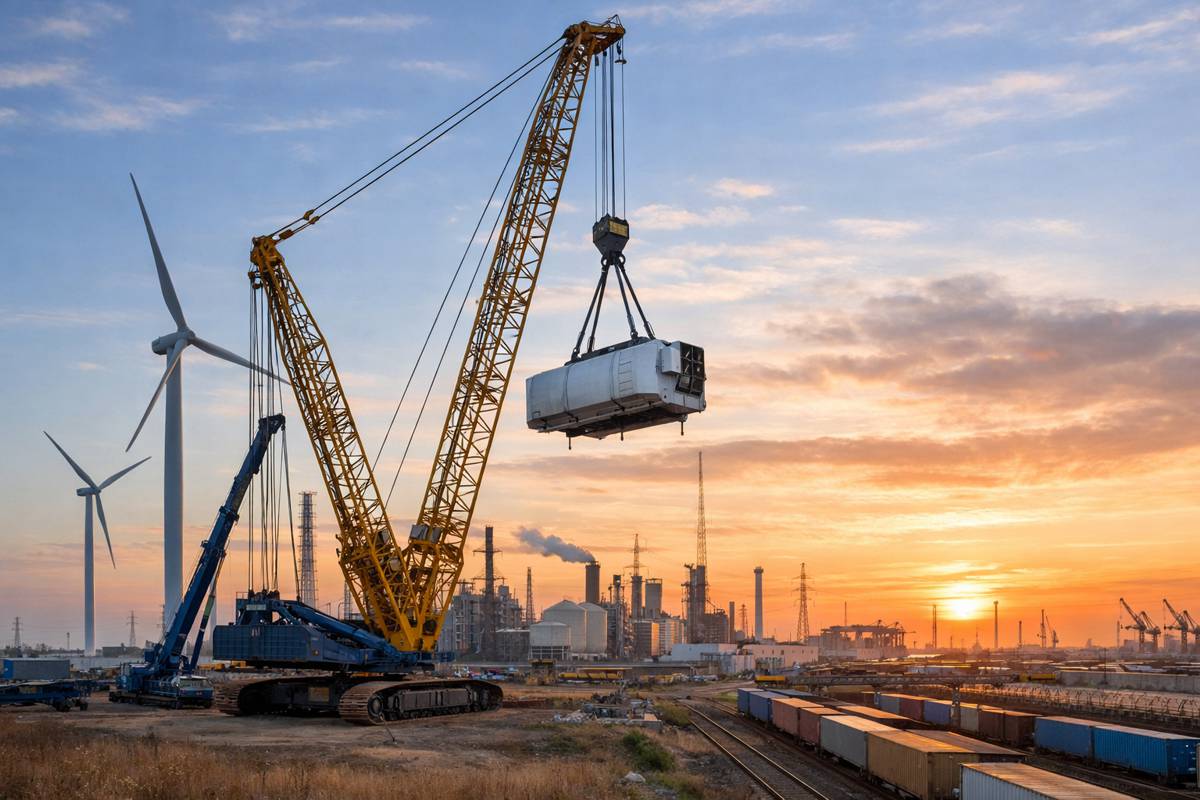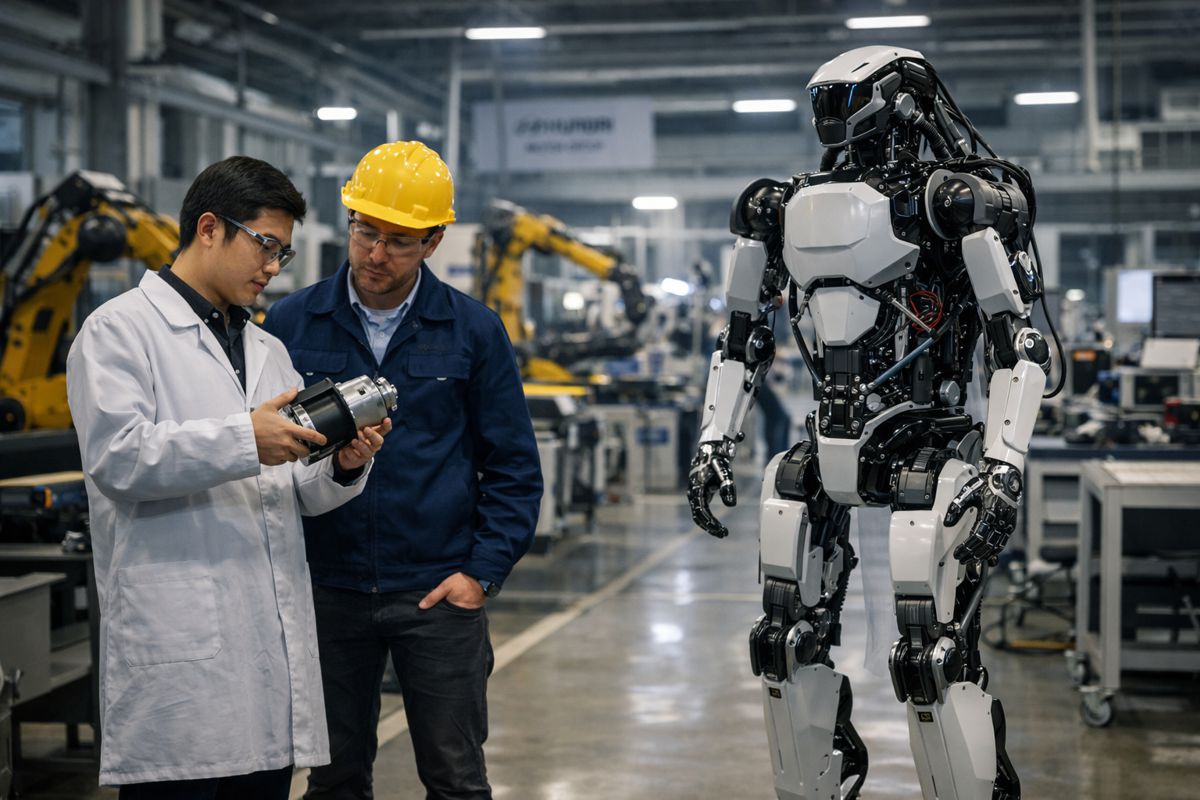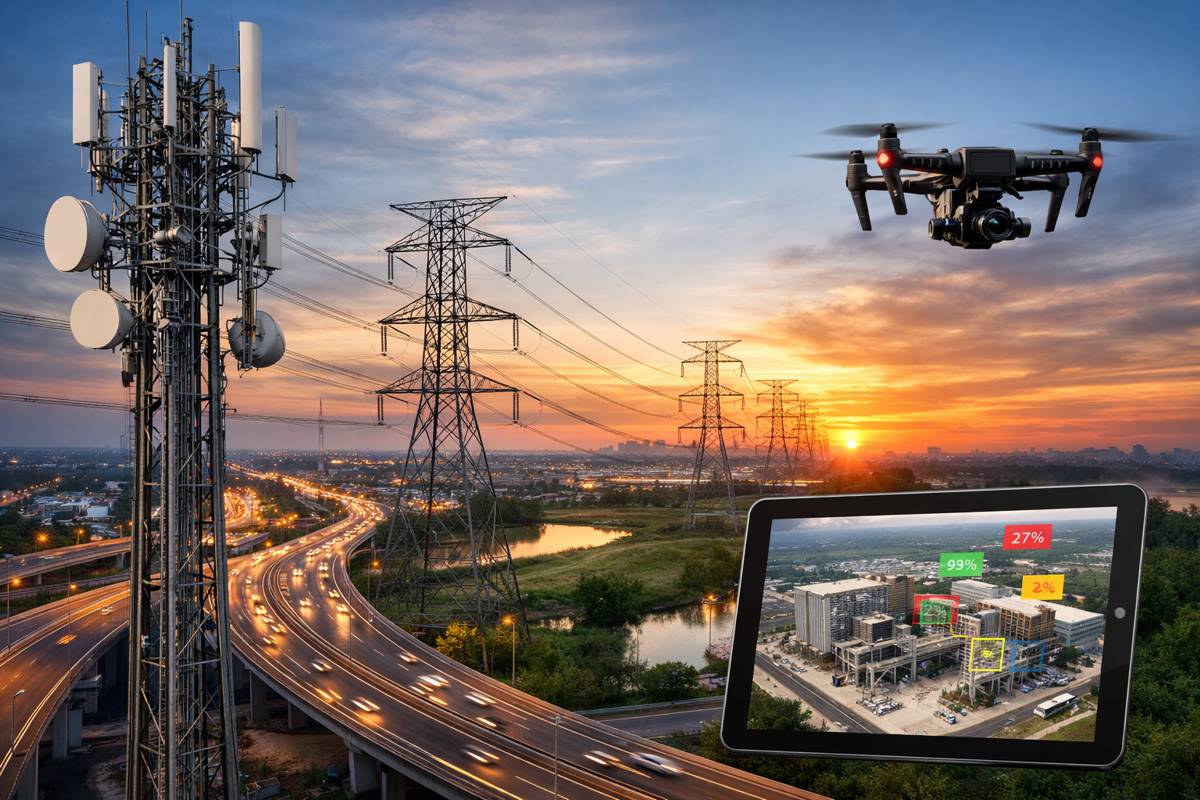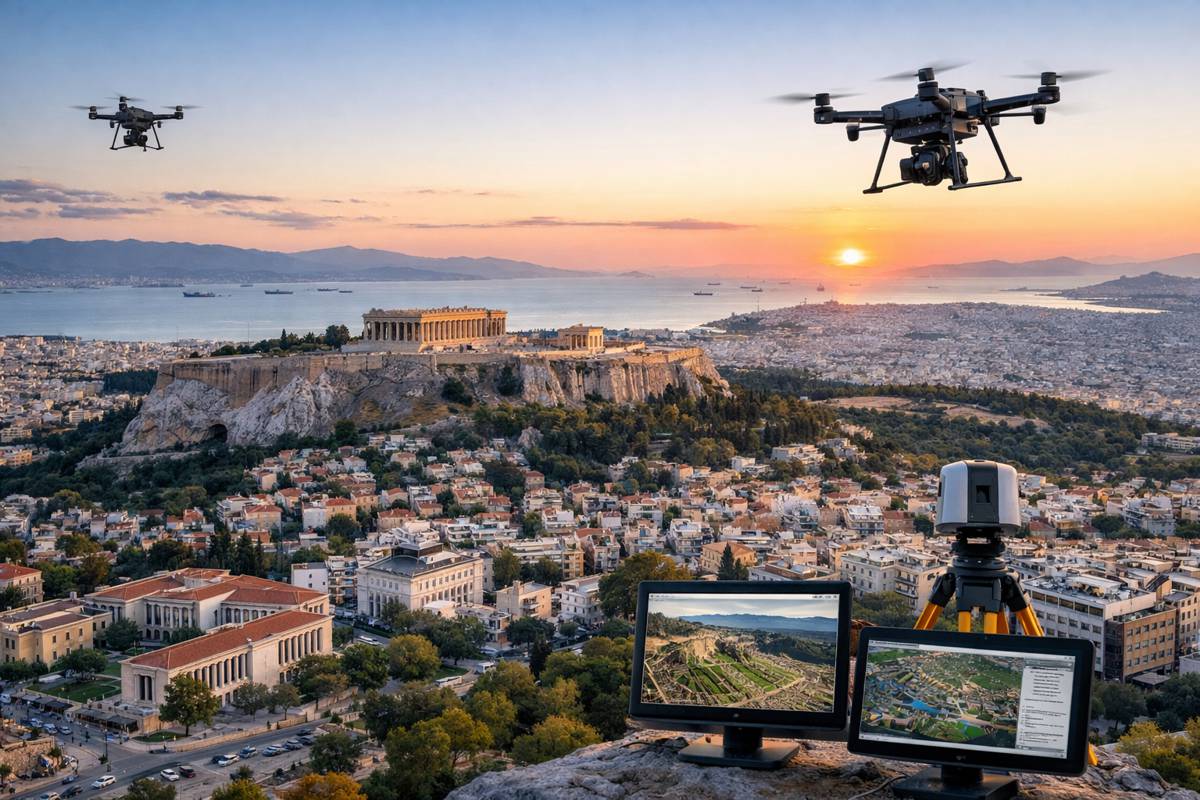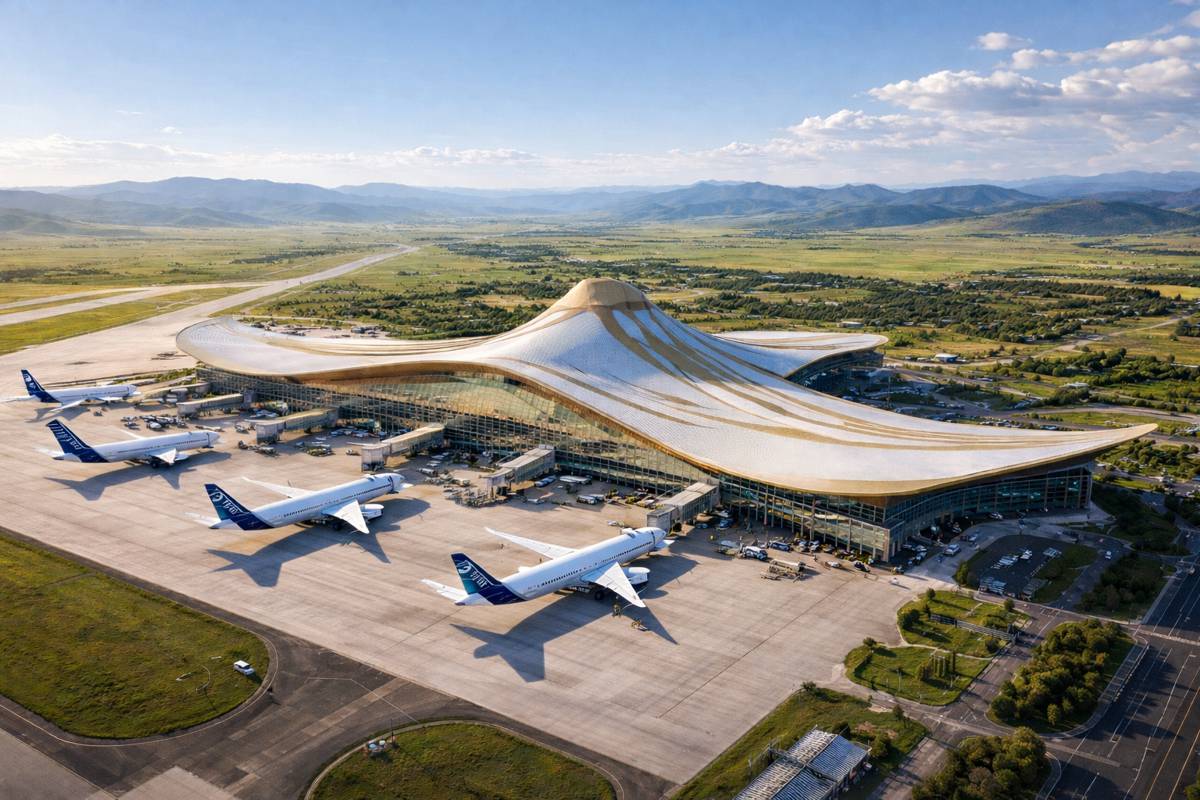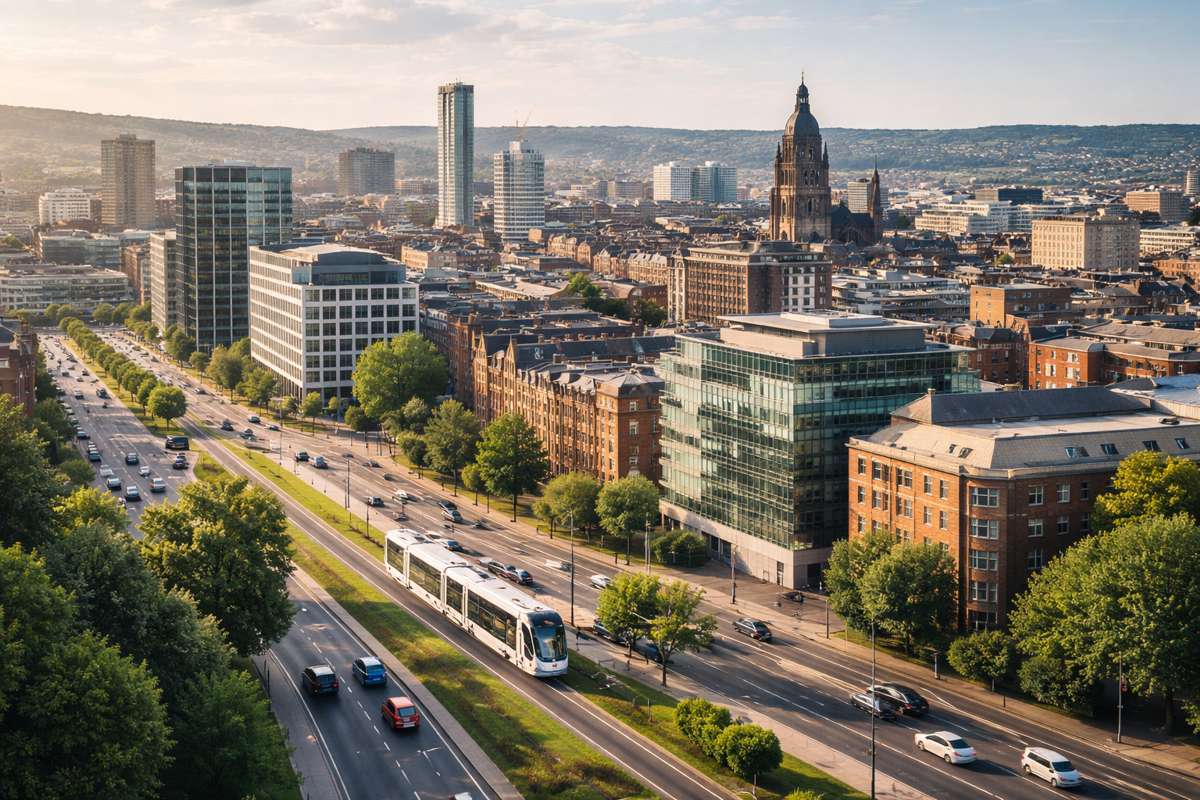5 questions you need to ask before investing in a CCTV security system
The security of your premises is the most important thing you can invest in; protecting your team, assets and reputation, successful security measures are invaluable for every business.
However, assumptions are often made all too quickly, especially when it comes to CCTV… with lots of options to choose from and technology constantly adapting, what questions should you be asking?
In this article Kai Stok, owner of Stok K9 Security Services, a leading provider of security services here in the UK looks at CCTV technology across a range of industries and protecting sites from criminality to effectively secure your profits and reputation.
“Having accumulated vast experience within the realms of CCTV, I of course appreciate the difficulty that many people face when attempting to understand the variety options at their fingertips – investing in CCTV isn’t an instantaneous process and there are lots of things you ought to consider. After all, this isn’t something you want to get wrong.
“To help you make sure you’re asking the right questions, I’m sharing my expertise. Finding the perfect technology for your site could be the difference between deterring criminality and falling victim to the irreparable consequences of such; if you want to stringently secure your site, consider the important questions outlined below:”
1. What is the resolution of the cameras?
“When it comes to CCTV, you really can’t afford to cut corners. You might be able to find cheap cameras quite easily, but foggy, pixelated footage won’t fulfil your needs. Yes, this will act as a deterrent, but should you really need to access important footage you’ll soon be regretting your choices.
“I would recommend finding cameras with a resolution between 720p and 960p, this gives you a great balance between recording detail and file size. If you can, also ask to see recordings from your chosen model to assess their quality for yourself. In this instance the key really is in the detail.”
2. Will my cameras be connected to a live security team?
“CCTV cameras are often effective deterrents in and of themselves, however a successful security strategy cannot only comprise of deterrents – it must be proactive and responsive. I would suggest finding a CCTV provider who connect can your live feed with a team of security personnel; should something happen on your site, CCTV capturing this will be invaluable. Meanwhile, having experts in place who can respond to the footage, addressing an issue immediately, will promise to minimise any possible consequences.
“At Stok K9 Security Services we connect our clients’ CCTV systems via the internet to a secure monitoring station, sending images from these cameras directly to our security personnel. This footage can subsequently be monitored 24/7 or during selected hours, most commonly when the property is empty.
“Our smart security systems inform security personnel in the event of an alarm being activated. If criminality is going to be captured on your site, then it’s important that you have processes in place to effectively address this behaviour. In doing so, you can be informed of an incident if required, emergency services can be contacted or a 24-hour response team can be dispatched.”
3. How will my cameras fare in bad weather?
“Extreme weather can pose a risk to security cameras, especially if you fall victim to the temptation of cheap, below-par technology. If you install flimsy cameras, then they’ll almost certainly be ineffective should bad weather strike.
“When choosing your CCTV cameras, enquire as to their resilience, upkeep and both where and how they should be installed. For example, where possible CCTV should always be installed in sheltered areas. It’s also important to consider the weather likely to occur in your area; in England we’re fortunately unlikely to encounter tornados, however regular rainfall will need to be considered.”
4. Will my cameras always be alert?
“Effective CCTV cameras should always be recording. Although, static cameras which consistently record aren’t necessarily perfect either; the best CCTV technology can actually zoom and realign to capture an alternative viewpoint should movement be detected. This will maximise your camera’s efficiency, making sure nothing goes amiss.
“By having your CCTV filming on a consistent basis, you’ll make sure that every act is caught on camera. You often don’t know what footage you really need until you don’t have it – don’t let that be the case for you!”
5. Where are my images stored and for how long?
“CCTV footage is typically stored remotely by your service provider or in-house should you invest in the technology alone. I would personally suggest investing in more comprehensive security support; these providers will be able to secure your footage more safely and for a longer period of time, allowing you to trace footage back should this be required. By entrusting specialists, you can help to make sure that no footage is lost, whilst knowing that your cameras’ benefits are being completely utilised. If you’re not a tech expert, then trust the advice of those who are – you’ll thank yourself later.
“When it comes to investing in CCTV, you need to consider in every possible aspect; from their quality to resilience, efficiency and adaptability, this could be the most important decision you make, so embrace any advice and guidance you can.”









